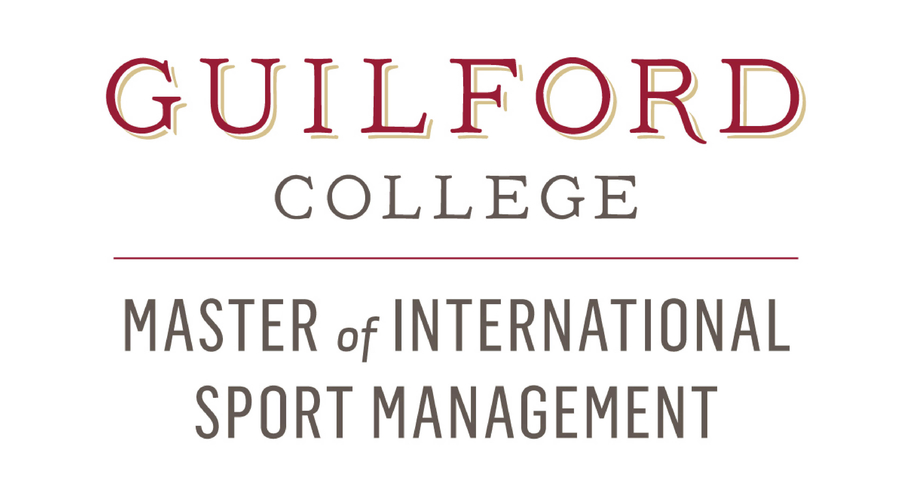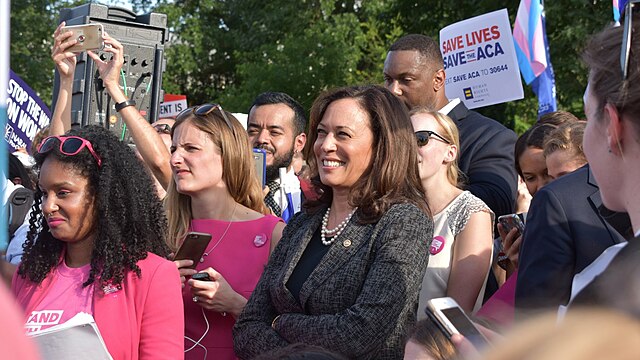As I am about to graduate, it is important to express gratitude for the people who have paved the way for me to get to this point. Some of these people are mentors, faculty and other students. But, mostly, it is my father’s memory that drives me to be ambitious and to dig into the deeper societal struggles surrounding homelessness. I also note that the continual inspiration that keeps me going comes from the likeness of what Bobby Hackett, the president of the Bonner Foundation, expressed to in a meeting yesterday: “It’s about getting two different people who wouldn’t normally meet to get to know each other as an equal.”
When I was visiting Guilford, there was essentially one thing that convinced me to come here rather than anything else: a photography exhibit called “What I Keep” by Susan Mullallay that captured individuals at Church Under the Bridge, a primarily homeless or transient population in Waco, Texas. This moved me so much — to see a photography exhibit that captured the humanity of individuals by showing what people keep throughout losing their housing — because I was, at the time, in the trenches of making a documentary about losing my father due to conditions of homelessness. I wanted to be at a school that would assist me in furthering this vision I had of “solving homelessness.” Though I had lofty visions, I have met people who have similar passions, people who can only rest at night knowing that they went out of their way to alleviate someone else’s burden. At times in my life those living in tent cities gave me such words of wisdom, as has the “Bonner love” throughout my four years here.
I believe I found out about Bonner a bit after I was interested in Guilford. I came down from Roanoke, Virginia to meet with James Shields. I was struck by his interest and dedication, not just to students but to the outside community. He spoke about Bonner doing service humbly with people from all walks of life, and that the program was flexible so that students could explore what interested them. This made Guilford unique. It made me know that I wouldn’t be limited to staying on campus simply buried in academia — I could be truly useful.
My first year here, the most notable experience was participating in the 48 hour Homeless Challenge in Washington, D.C. with Jon Macemore through the National Coalition for the Homeless. We slept on the streets as if we were experiencing homelessness ourselves. Though I had mixed feelings about whether or not I could truly understand what it was like, I did gain powerful insights. First, when you are homeless, you become part of a family. People who live on the streets look out for each other in ways that perhaps even we, as a general population, do not. I remember going in to Church’s Chicken and having to ask for a meal. Since I had nothing but a blanket, I told the woman I didn’t have anything to give her in exchange for food. An older black man who was also homeless said he’d pay for my meal. I physically couldn’t make myself take it. I was faking it. He really needed the money, but this kindness from people who live a life outside of privilege and will go to lengthy extremes to take care of one another. There are many, many instances like this that I have only been exposed to by going out of my comfort zone. Perhaps the one thing I’ve been taught that took me a while to get was that I can literally never reject my privilege. I can see that addiction is not synonymous with immorality, that poverty is not the same as being spiritually poor and that hope comes from those that people walk by when people like us can walk by as if they are part of the scenery.
My sophomore year, I hit a wall. I believe I’d been working too hard towards unrealistic expectations, and I was too young to have all the proper coping skills. I was burned out from trying to “save the homeless” and measured my failure by the fact that people were still sleeping on the streets. Impractical as this is, I couldn’t escape this narrative. I decided instead to learn about immigration. This alleviated no burden, but I got a lot closer to the truth. I went on a trip over spring break called “No Mas Muertes” and learned about the realities of crossing a border that is known as a natural death barrier and about the systemic flaws that criminalize immigrants who, in a lot of instances, just want to take care of their families. I was also looking for an intersection of where homelessness and immigration interconnected. What I learned about this was that there are so many people who are criminalized for just existing.
My hope was grim after this. I really struggled, and at times still do, with the fact that change is so slow and incremental. I took a semester off, decided to switch my major from theatre to community and justice studies upon returning and found that listening to myself along with the wisdom of others really helped me. At some point during this, I heard about 16 Cents Ministry or, as we know it at Guilford, “Church Under the Bridge.” I began going by myself. The first sermon was by a really charismatic former addict who replaced every profane lyric of a Snoop Dogg rap with words of praise. I realized that maybe this was the right place for me. I went alone for a while, feeling spiritually lost and empty at that time, and I started to invite other people to come with me. I’d bring a friend, mainly a football player named Estavio, then I invited Susan, a friend and staff member from the Bonner house. It really took off when I met Nicole. Nicole was a first-year at the time, and that girl has some publicity skills like you wouldn’t imagine. It is also important for me to note that, as we put it, this “Bridge to the Bridge” is run by people who are agnostic, Christian, Jewish and, as of last week, Muslim. We have begun collaborating with active Bonner alumni, such as Tinece who prepares meals for hundreds of people and builds Cobb Houses from the natural materials around her. Soon she will have this project well underway so that people who are experiencing homelessness can live in these themselves.
This bridge is also being extended the last week of this month to high school students who are immigrants and refugees to hear their experiences, perspectives, truths and dreams. The students who are attending have all benefitted from Bonner. Students that are tutored by Guilford students from Elimu, where I have been tutoring for two years, will be there along with students from the Montagnard Community which Lek, Hlois and Hvung have all had surprising intersections of our service work including language translation, and other Bonner sites will also be included in this. When tutoring, oftentimes I become the student. This also helped me before going abroad.
I studied abroad in Ghana, taught poetry and visited an orphanage. After graduation, my first goal is to go back. I found the family I didn’t have there. I was welcomed beyond belief, humbled every day and astonished by the forgiveness people had towards white people after the travesty of the slave trade. I sat in the chairs as a student for two weeks before I felt compelled to teach. I wanted to learn how their school works, which is a lesson imparted by Bonner. When doing service anywhere, you have to be continually reflective, you have to consider outcomes and you have to consider what will be left after you are not physically here anymore to measure success. During my period of contemplation of whether I succeeded, I realized, yes, I did make a difference. I taught students who are so used to rote memorization how to write an original poem from their own mind. It led my friend, a powerful Ghanaian poet named Fritz, to find a job position at another high school. Mostly, Ghana healed me and helped me realize there is another way of life than this fast-paced and slightly isolated society. Auntie Jane was shocked that the girl I went with, who I lived next door to, and I did not know each other until we left. These instances are just a few, though there are so many experiences I could share with you about how Bonner has literally transformed me as a person.
People know Guilford College internationally. The year before I went to Ghana, my friends who live near Cape Coast Slave Castles, or as I’d rather say, Dungeons, recognized a Guilford T-shirt and began to go through the list of people who they had previously met from there.
My point is that the connections I have made here through Bonner have paved the way for me. More importantly, my experiences through this wonderful program have come full circle. I did not predict upon entering Guilford that I would be project coordinator for Church Under the Bridge. I don’t believe it even existed then, yet it happened because Bonner encouraged me to step out of my comfort zone, as all of us have in some way, shape or form. Maybe Bonner was only half of the reason that I came to Guilford College, but it was certainly 100 percent of the reason that I stayed.
Someone close to me heard Bonner was in trouble due to Guilford’s deficit and said “well, at least you got to have it.” I literally cannot swallow that notion. Today I met with a student who used to go to Elimu but had to stop because he needed a second job to take care of his mother. He has the experience of being a refugee. Therefore, he is part of the solution because he has the power and strength to share his story. He was excited about Bonner, about Guilford, about the chance to be able to stay close to home to take care of his mother while still having the chance to pursue his education. If we cut Bonner as a collective because we are expensive, some people’s dreams may stop. Are the dreams of our children not priceless? Is working at a fast food restaurant when you could be developing the necessary skills for diplomacy and entrepreneurialism not as valued as scoring a touchdown? Are Guilford students not recognized for how well trained we are when we enter a service site?
Most importantly, do we not have values that we need to uphold? Perhaps there are ideas that we could talk about due to us being costly. Project Coordinators give their time and money to sites, but we will not let this work stop with us. Cutting Bonner will affect retention rates. It will affect the type of student who comes to Guilford. It will affect how the outside community sees us over time. Though the budget is a serious issue, I must raise the question: is cutting Bonner really something Guilford can afford?





